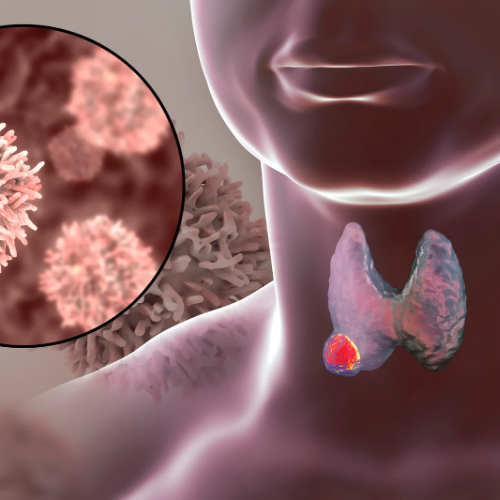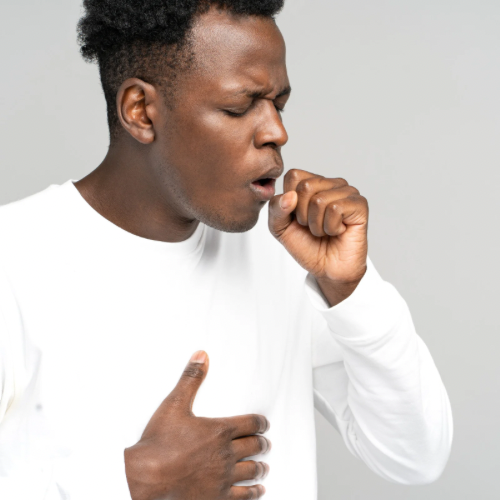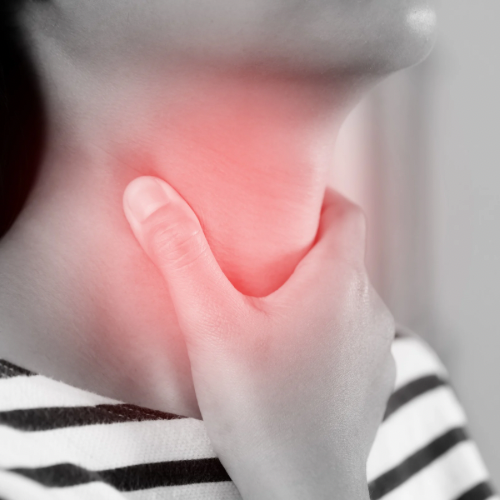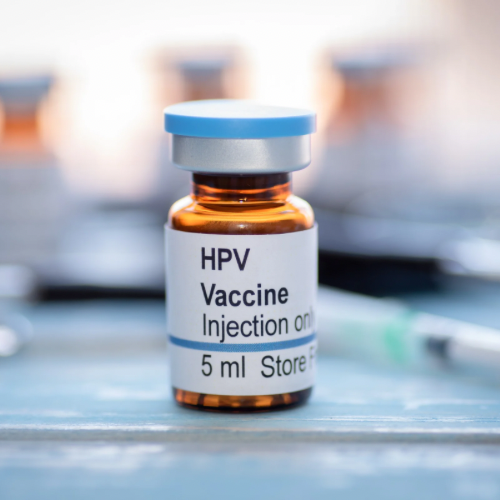Oral sex and throat cancer—a connection many people are unaware of—are more closely linked than ever understood before. New studies reveal that oral sex can transmit certain strains of HPV (human papillomavirus), which, over time, may lead to throat cancer.
This isn’t about fear-mongering—it’s about facts. Understanding how oral sex and throat cancer are connected is crucial in today’s sexually active world. Oral HPV infections are now one of the leading causes of oropharyngeal cancers in both men and women.
So, how exactly does it happen? And what can you do to protect yourself?
Table of Contents
What’s the Link Between Oral Sex and Throat Cancer?
The key culprit here is HPV, the most common sexually transmitted infection globally. When transmitted through oral sex, HPV can infect the mouth and throat, leading to oropharyngeal cancers—a specific type of throat cancer affecting the tonsils, tongue, and throat.
The oral sex and throat cancer connection primarily stems from HPV-16, a high-risk strain that tends to linger in the body undetected. The longer it stays, the higher the chance it may lead to cancerous cell changes.).

💡 Fun fact: The CDC reports that about 70% of oropharyngeal cancers are caused by oral HPV, and it’s often passed through oral sex.
Who Is at Risk?
Anyone who’s sexually active can potentially get HPV, but certain individuals are at higher risk of developing oral sex and throat cancer complications:
Men
Men are at greater risk than women, especially if they’ve had multiple oral sex partners.
Multiple Partners
The risk increases significantly when someone has had oral sex with five or more partners in their lifetime.
Tobacco & Alcohol
These substances suppress the immune system, making it harder for the body to fight off persistent HPV infections.
Age
Most HPV-related throat cancers occur in people over 50, due to the virus’s long latency period.

HPV-related throat cancers have been steadily rising over the last few decades, and it’s now estimated that more cases of throat cancer are caused by HPV than by smoking and drinking alcohol combined.
Symptoms of HPV-Related Throat Cancer
The scariest part of HPV-related throat cancer is that it often doesn’t show symptoms in the early stages. As the cancer develops, you might notice:

A persistent sore throat.
Pain or difficulty swallowing.
A lump in your neck.
Ear pain (on one side).
Hoarseness or changes in your voice.
Weight loss.
Even if you don’t think it’s serious, persistent symptoms should be evaluated. Since oral sex and throat cancer often go undetected until later stages, early screening is critical.
How to Reduce the Risk of HPV and Throat Cancer
Here’s the good news: there are several preventative measures you can take to protect yourself and reduce the risk of HPV-related throat cancer.

Get Vaccinated: The HPV vaccine is one of the most effective ways to protect against the high-risk strains of the virus, including HPV-16. Both men and women should consider getting the vaccine, which is recommended for young people kids ages 11–12 (typically before they start engaging in sexual activity), but can be given to adults up to 26 (and up to 45 in some cases).

Practice Safe Sex: Using condoms or dental dams during oral sex can reduce the risk of HPV transmission. While these methods don’t offer 100% protection (as HPV can be spread through skin-to-skin contact), they still offer a significant barrier to infection.
Limit the Number of Sexual Partners: The more sexual partners you have, the higher your risk of contracting HPV. Reducing the number of sexual partners you have can lower your chances of being exposed to HPV.
Avoid Smoking and Excessive Drinking: Smoking and drinking alcohol can further increase the risk of throat cancer, especially in combination with HPV. Maintaining a healthy lifestyle and avoiding these habits can help reduce your overall cancer risk.
Regular Health Screenings: If you’re concerned about your risk for throat cancer, see a healthcare professional for regular check-ups and screenings. Early detection increases the chances of successful treatment.
Should You Be Worried?
It’s natural to be concerned when you hear about a health risk associated with something as intimate as oral sex. Here’s the truth: most people exposed to HPV will clear it on their own without ever knowing they had it.
So should you panic about oral sex and throat cancer? No. But should you be informed and proactive? Absolutely.

Being informed about the risks, knowing how to reduce them, and taking preventive measures, can make a huge difference in keeping your sexual health in check.
Know your status
Get vaccinated
Practice safer sex
Pay attention to symptoms
By taking these steps, you dramatically lower your risk and help protect your partners as well.
The link between oral sex and throat cancer is real—and more common than people realize. But the good news is, there are clear ways to protect yourself, including vaccination, safer practices, and early detection.
Whether you're sexually active now or planning to be in the future, knowing the risks helps you make smarter, healthier choices. Remember, it’s always better to be safe than sorry when it comes to your health—so don’t hesitate to take the necessary steps to protect yourself!


Leave a Reply